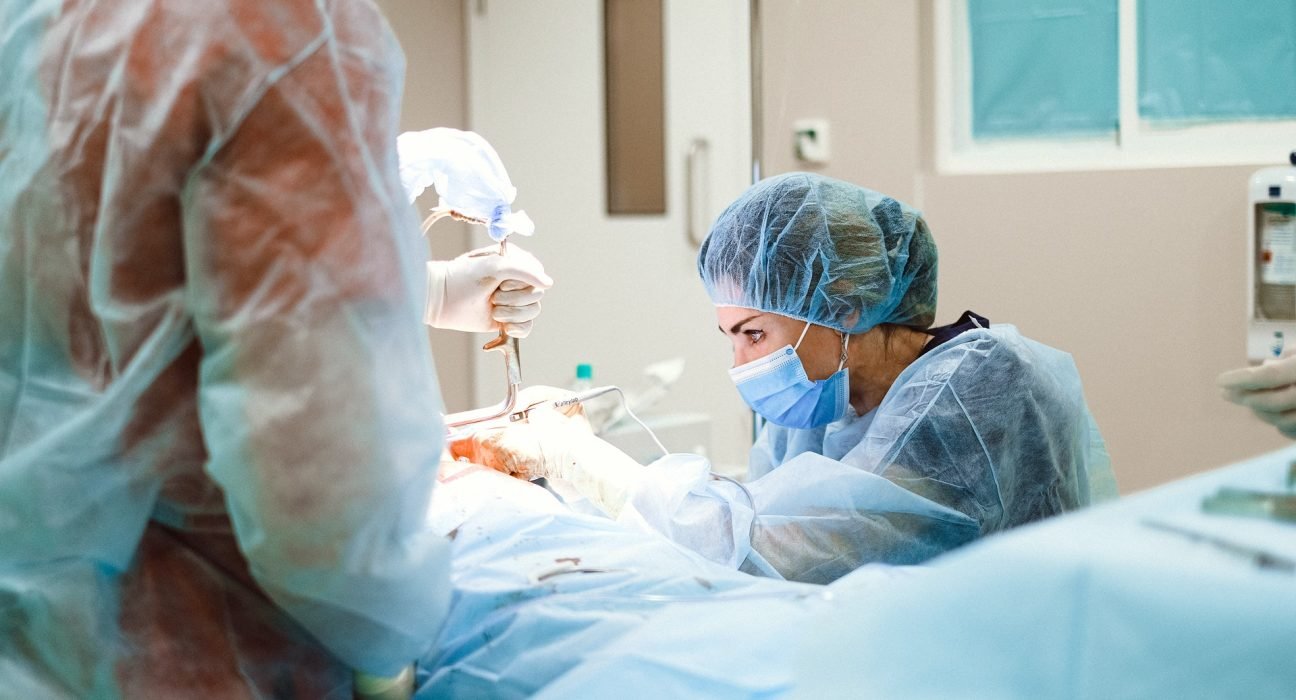If you’re one of the thousands of people who suffer from persistent pain and reduced movement due to disc degeneration or herniation, it might be time to consider surgery.
Cervical total disc replacement surgery, a branch of Artificial Disc Replacement (ADR), is a procedure that is used to relieve discomfort, tingling, and loss of motion caused by a degenerated or herniated disc.
However, there are a few things you and your surgeon should talk about before proceeding with a cervical total disc replacement surgery, or any other kind of ADR surgery for that matter. Here are five factors to think about while considering artificial disc surgery.
Table of Contents
Is Surgical Treatment the Best Choice?
The first thing to evaluate is if surgery is the best option for you. The intricacy of your ailment will determine how you are treated. Disc degeneration and disc herniation are two of the most frequent conditions that may necessitate artificial disc surgery.
There are several non-surgical therapy options to explore before turning to surgery, whether you have a herniation, disc degeneration, or both. Several cases recover on their own, and pain and anti-inflammatory drugs can be used to manage them.
Facet blocks and epidurals are two non-surgical options to consider. Physical therapy and hot/cold therapy are also options, but the operation becomes the only alternative if the condition does not respond to therapy.
Artificial Disc Replacement Fusion vs. Artificial Disc Replacement Surgery
Compared to Artificial Disc Replacement Fusion (ACDF), surgery provides several advantages. For starters, it maintains neck mobility, which is compromised when the bones are fused in ACDF. Since the discs want to move with artificial disc replacement, you won’t need to wear a brace or collar as you would post a fusion procedure.
The inability of the graft to heal adequately, culminating in the non-unification of the bones and the need for another surgery, is one of the most catastrophic consequences of ACDF.
Artificial discs do not cause issues since the bones don’t have to mend. Patients with allografts may also experience pain and discomfort in the graft location. Your doctor will determine which treatment is the most appropriate for your situation.
What Kind of Outcomes Can You Expect?
Artificial disc replacement may not enhance mobility, but it should return it to its pre-surgery state. The injured disc will be replaced, relieving strain on neighbouring nerves and enhancing the quality of life by reducing pain, numbness, and tingling.
What is the ADR Recovery Process Like?
If ADR is performed using a minimally invasive approach, you can anticipate being up and moving the day following surgery. Nevertheless, you must follow your doctor’s activity instructions to avoid complications, such as a poorly healing wound or re-injuring the surgery site.
Your recovery will be guided by a physical therapist, who will assist you in resuming usual activities while also educating you on how to do so safely.
Who is the Best Surgeon?
What you require in a physician is perhaps the most significant aspect of artificial disc surgery. You want somebody specialising in ADR who has the necessary background, expertise, and training to provide you with the best possible outcome. An integrated facility, as well as board accreditation and fellowship training, are considered necessary.
A facility that provides a wide variety of surgical, rehabilitative, and therapeutic services will ensure that you receive the best possible care during your surgery and recovery.
Takeaway
It’s not easy to decide to undergo surgery. There are a lot of factors that go into that decision, and it can be challenging to know which way to go.
Consider all your alternatives, prepare yourself to know what to anticipate, and select a competent surgeon who offers first-rate treatment in a cutting-edge institution as you await a cervical total disc replacement surgery.
Here’s hoping this blog could help you make a more informed decision and that you now know what to consider beforehand to make the best choice.






